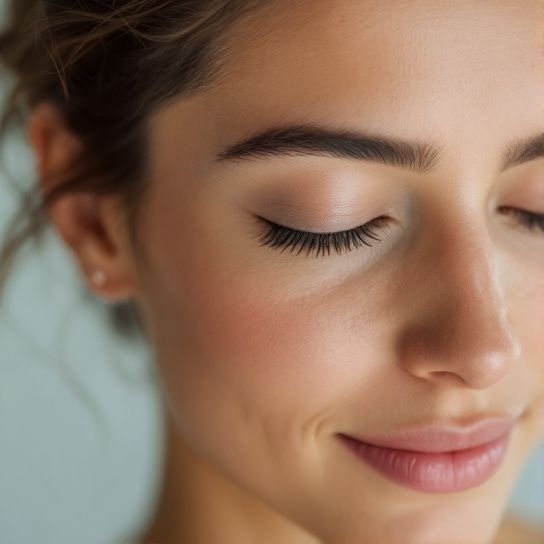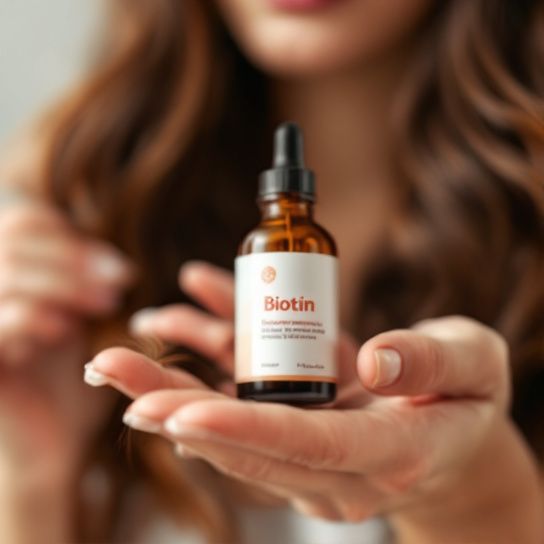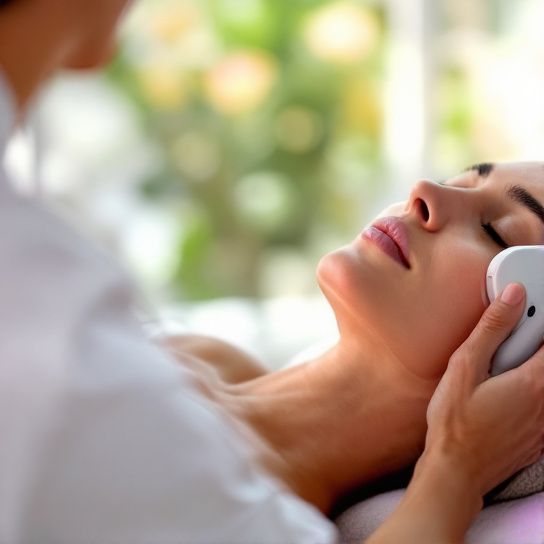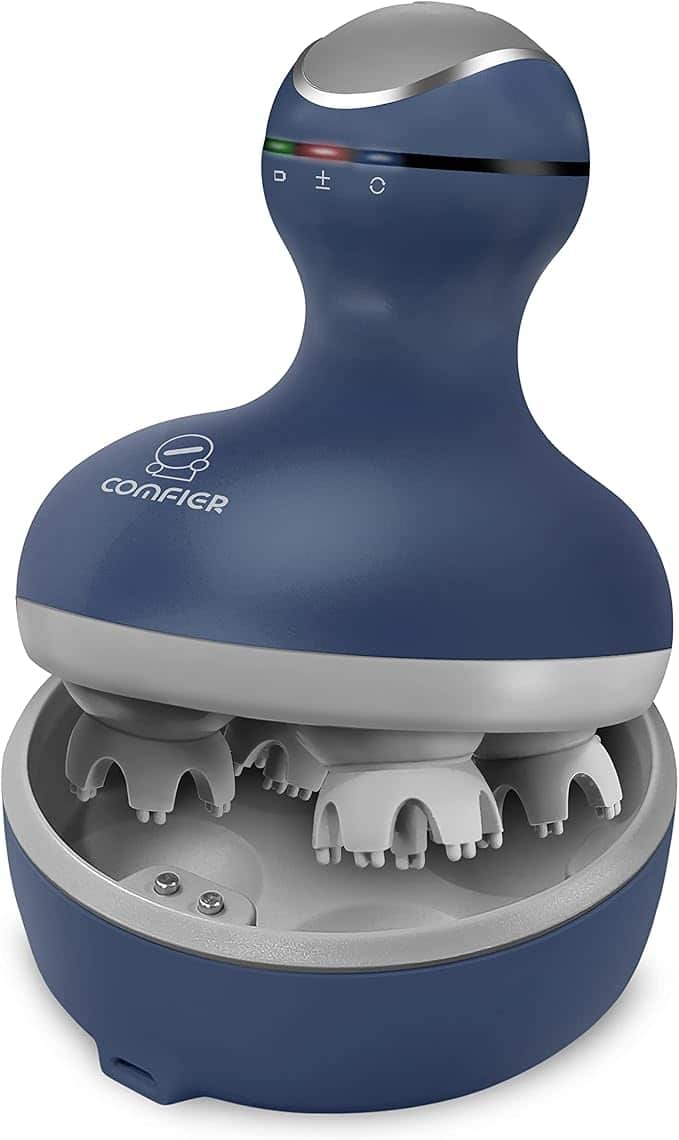Ever looked in the mirror and wondered where all your hair went? Trust me, you’re not alone. Hair loss, especially hormonal hair loss, is like that uninvited guest who just doesn’t know when to leave. It’s frustrating, and quite frankly, it messes with your self-esteem a bit. But hey, let’s have a little chat about quick hormonal hair loss treatments. Who knows? You might find just the thing you need to get those locks looking lively again.
Hormones and Hair: What’s the Connection?
So, first things first, why do hormones decide to mess with your hair? It all boils down to a bit of a science lesson here, doesn’t it? Our good friend, testosterone, has a role to play in androgenetic alopecia, which is just a fancy way of saying hormonal hair loss. When your body breaks down testosterone, it forms something called DHT (dihydrotestosterone). Now, DHT isn’t all bad but, in certain follicles, it takes on the villain role and shrinks them. Shrunken follicles equal thin hair, and eventually, less hair.
But before we dive deep into solutions, let’s pause. Take a breath.
Here’s the real deal: not all hair loss is due to DHT. Stress, diet, and health can jump in on the drama, too. Thus, not every fix is magical because not every cause is the same. Tackle those specifics, and you’re already halfway there.
Your Toolkit for Quick Hormonal Hair Loss Treatments
Looking for quick fixes? Let’s go through some of the most talked-about treatments. These aren’t miracles, but they’re potential strategies straight outta interesting paths some have taken.
1. Over-the-Counter Topicals

Aah, topical solutions. You’ve probably seen a million ads, right? Minoxidil, like Rogaine, is one such product. It doesn’t tackle hormonal issues directly – it’s more of an encourager, giving hair follicles a motivational speech to act lively again. Consistency here is key, folks.
Application Tips:
- Use it twice daily and be patient. Hair growth isn’t an overnight sensation.
- Start at the first sign, and go from there—proactivity is your friend.
2. Finasteride (Propecia)
Now, this bad boy works by stopping DHT production at its roots—literally. Prescription required, but for some, it has been quite the help. Finasteride can slow down hair loss and sometimes even coax those sneaky little follicles to grow again. Trust me on this one: consult with your doc. They’re the hair advisers on this adventure.
3. Natural Supplements
Let’s talk supplements. Some turn to the mysteries of Saw Palmetto or look to Biotin to beef up those strands. The evidence isn’t rock solid, but they’re worth a shot if you’re on the lookout for more natural options. Stack those in with a well-balanced diet.
Popular Choices:
- Saw Palmetto: Believed to reduce DHT levels.
- Biotin: Often hailed for strengthening hair.
- Zinc and Iron: Low levels have been linked to hair loss.
4. Low-Level Laser Therapy
Sounds high-tech, but low-level laser therapy might have you thinking you’ve stepped into the future. This tech involves laser devices that allegedly stimulate hair follicles using light energy. Does it work? Some swear by it, others, not so much. It’s non-invasive, so hey, if laser helmets get your hair groove back, worth a go.

5. Platelet-Rich Plasma (PRP)
Okay, this one’s a bit on the edgy side. Blood drawn, plasma separated, concentrated and then injected back into your scalp. Sounds a tad Dracula-esq, but some folks have reported positive results. Doctors are still figuring it out, but there’s enough buzz to lend it a try if you’re not squeamish.
Why Quick Isn’t Always Better
Circling back—you heard me right earlier, yes? Quick hormonal hair loss treatments might give instant satisfaction, but sticking with your chosen method long enough is crucial. Consistency. Patience. There’s power in patience. And sure, some stuff’s gonna work better for some than others, considering every head is its unique masterpiece.
Lifestyle Adjustments: The Hidden Trump Card
Now, while charms and potions are fab and all, taking a closer peek at your lifestyle can do wonders. Here’s where it gets holistic.
Stress Management
Need a break? Hormones love to swing around when you’re stressed, though not the kind of swing dance you’d enjoy. Meditation, exercise, or just regular “me-time” can turn the tide. Yes, even if it just means watching your favorite Netflix drama.

Diet Matters
Load up your plate with veggies high in antioxidants. Grab those fatty fish – Omega-3s could be your best buddy here. Boost your intake of green tea, nuts, and seeds for that hair nourishment.
Regular Scalp Massage
Here’s a small step, but a significant benefit. Stimulating your scalp increases blood flow. Increased blood flow equals happier follicles. And yes, it’s a kind of self-care with bonus hair perks.
Tread Carefully: What to be Wary Of
A few areas to tread carefully around though, when itching for those quick hormonal hair loss treatments.
- Guaranteed results are sketch territory. Everybody’s head is unique; no one-size-fits-all solutions here.
- Watch out for falling into the well of desperation and doomed purchases.
- Alcohol or paraben-loaded products can worsen conditions rather than help. Always be a label sheriff.
Wrapping It Up
Pulling it all together here – conquering the age-old hair foe is a gradual pursuit. From quick hormonal hair loss treatments to lifestyle shifts, there’s a door for everyone to knock on. Trial and error is often part of the process, so don’t let timing or temporary frustrations tie you down.
Real-life honesty? Quick results are great, but long-term strategies, taken with thoughtful consideration and sometimes a supportive hand from healthcare confidantes, are winning companions. So, look ahead optimistically, because fuller locks may very well just be over the next hill, spotlight your commitment.
Keep it real, keep it you. Happy hair journey! 🌟
Frequently Asked Questions
What are the most effective quick hormonal hair loss treatments?
Effective quick hormonal hair loss treatments include topical minoxidil, which stimulates hair growth and prevents further hair loss. Another option is platelet-rich plasma (PRP) therapy, which involves injecting platelet-rich plasma into the scalp to stimulate hair growth. Hormone therapy, such as hormone replacement therapy (HRT), can also be effective, especially for women experiencing hair loss due to hormonal imbalances. Additionally, antiandrogens like spironolactone can help by blocking the production of androgens that damage hair follicles[2][3][4).
How quickly can I expect results from hormonal hair loss treatments?
Results from hormonal hair loss treatments can vary in timing. Topical minoxidil typically takes 4 to 12 months to show noticeable hair growth. PRP therapy may show improvements within the first few months, with repeat injections usually needed every 3 to 6 months. Hormone therapy and antiandrogens may start to work after about 4 months, but significant hair growth may not be noticeable for up to a year[2][3][4).
What are the potential side effects of quick hormonal hair loss treatments?
Potential side effects of these treatments include redness and irritation from minoxidil, and in some cases, increased shedding in the initial months. PRP therapy is generally safe but may cause minor discomfort. Antiandrogens like spironolactone can cause side effects such as irregular menstrual periods, drowsiness, and the risk of birth defects if pregnancy occurs. Hormone therapy can also have various side effects depending on the specific treatment[2][3][5).
Can lifestyle changes help in treating hormonal hair loss?
Yes, lifestyle changes can help in treating hormonal hair loss. Maintaining a balanced diet rich in nutrients, regular exercise to improve blood flow to the scalp, and effective stress management can all contribute to healthier hair. These lifestyle adjustments can be used in conjunction with medical treatments to enhance their effectiveness[4][5).
References
- Hair loss: Diagnosis and treatment. American Academy of Dermatology.
- Medication for Hair Loss. NYU Langone Health.
- 10 ways of treating female hair loss. Medical News Today.
- A Guide to Stopping Hormonal Hair Loss. Vibrant Dermatology.
- Hair Loss Treatments for Women: What Are the Best Options?. Healthline.




